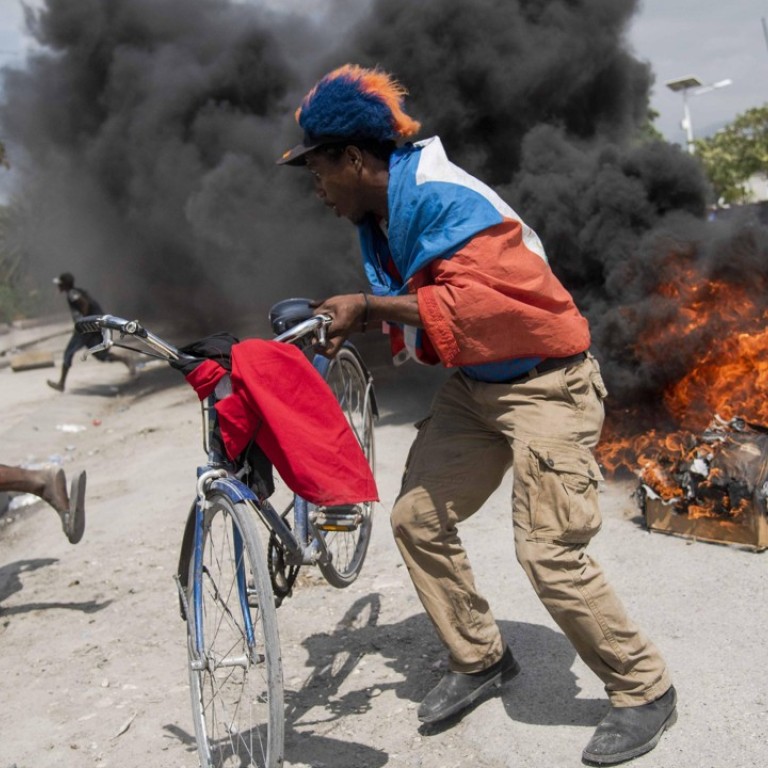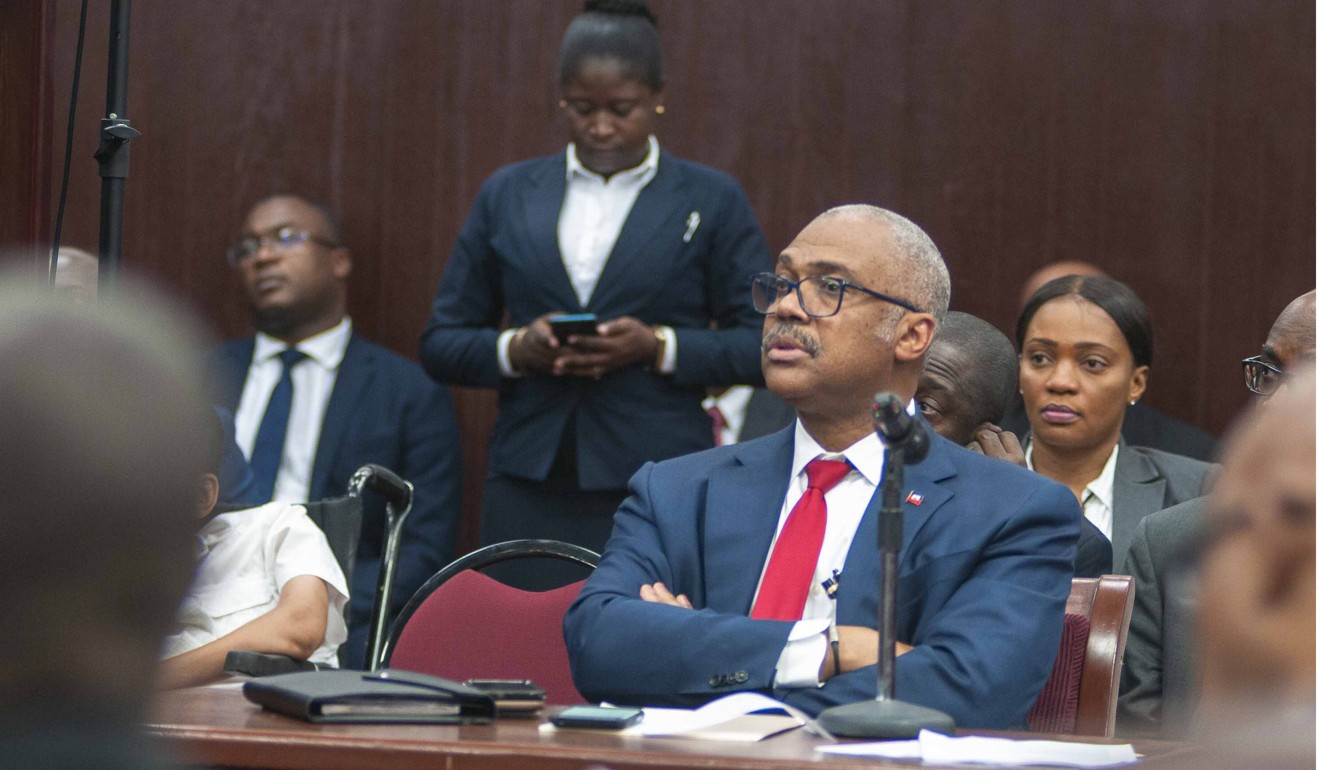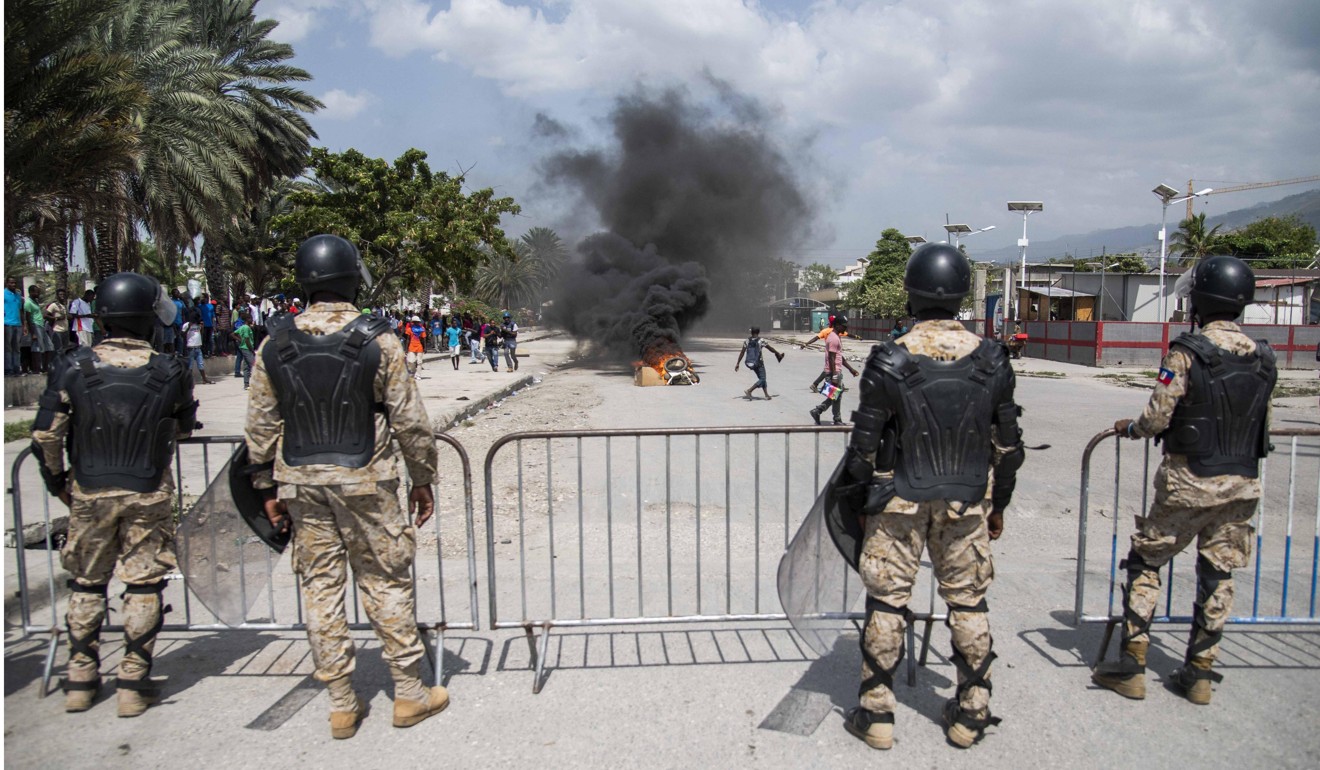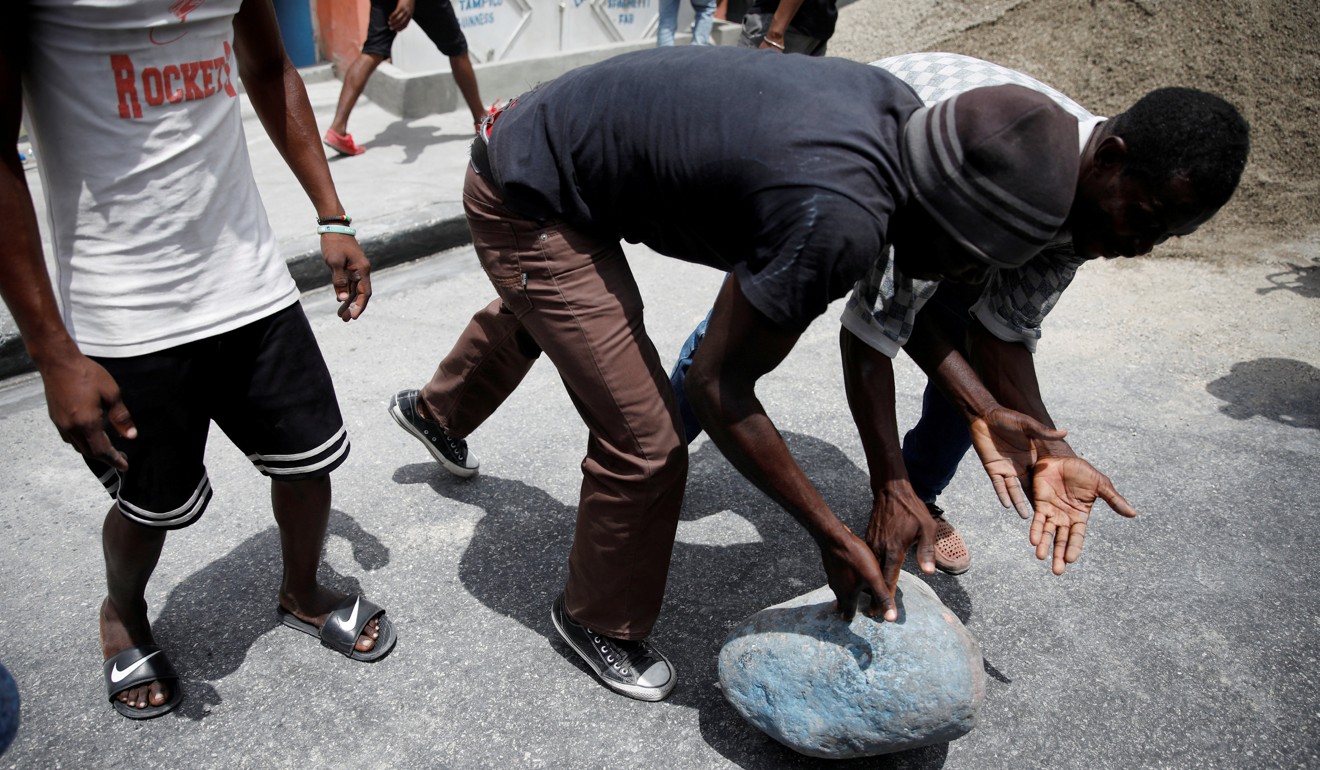
Haiti’s prime minister resigns after deadly unrest over petrol price increases
Price rise was a condition of an aid deal the government struck with the IMF earlier this year
Embattled Haiti Prime Minister Jack Guy Lafontant resigned on Saturday following deadly violence and looting sparked by a now-abandoned plan to raise fuel prices, triggering a fraught process to form a new government.
“I submitted my resignation to the president of the republic,” who has “accepted my resignation,” Lafontant said in the lower house of Haiti’s legislature.

Lafontant had faced a potential vote of no confidence had he not resigned – something he had previously insisted he would not do.
Last week, the government in the impoverished Caribbean country announced plans for major fuel price increases – 38 per cent for petrol, 47 per cent for diesel and 51 per cent for kerosene.
The announcement sparked mass protests, with streets in the capital Port-au-Prince and other cities blocked with barricades of debris and burning tyres.

Lafontant, a doctor who had little political experience before taking office in February 2017, had faced widespread criticism even before the spasm of violence.
Hours after Lafontant announced his resignation, President Jovenel Moise appeared on television to deliver a short speech, saying he wished to “gather all the forces of the nation, without losing any time, to form an inclusive government with the aim of alleviating the people’s misery and develop agriculture, energy and infrastructure”.
The head of state said while he understood that many were suffering from unemployment and hunger, “violence is not compatible with either development or democracy”.
Several hundred protesters marched on Saturday in Port-au-Prince demanding the departure not just of Lafontant, but also of Moise.

“It’s not just a question of changing the prime minister, because day by day, the people are still -suffering from more misery, unemployment, insecurity, hunger,” said Fleurette Pierre.
Haiti is desperately poor. Around 60 per cent of its people live on less than US$2 a day, and they are extremely sensitive to even minor increases in prices of just about anything.
In February, Haiti signed an agreement with the International Monetary Fund in which the country committed to carrying out economic and structural reforms to promote growth.
In return, IMF member countries would provide more financial help to Haiti.
One of those conditions was the elimination of petroleum product subsidies, prompting the doomed price increase proposal.
On Thursday, the IMF suggested “a more gradual approach” to ending fuel subsidies, paired with “compensatory and mitigating measures to protect the most vulnerable people.”
“We will continue to support Haiti … as they develop a revised reform strategy,” IMF spokesman Gerry Rice said.
The decision to scrap the price increases means the government will have to find another way to come up with the US$300 million the move would supposedly have generated.
Now, Moise’s government has to find a way to appease all sides – angry and impatient consumers, politicians with varying interests and IMF economists.

.png?itok=arIb17P0)